When Croatia joined the EU in July 2013 and the Social Democratic Party (SDP) was in power, then Government clearly said that Croatia's priority as the new EU member state is to adopt the euro and join the Schengen Area of free movement. Croatia was not only aware that it agreed to adopt the euro and join the Schengen Area with EU membership, but it marked those goals as priorities. There was no disagreement on these issues between the ruling majority and the opposition.
Now that Croatia is in the process of adopting the euro, which is exceptionally slow due to stricter rules that the EU applies, some opposition politicians, especially from the ranks of the SDP, are warning about harm of adopting the euro and are calling on the Government 'not to push us into the eurozone unprepared'.
Croatia should definitely start a public debate on adoption of the euro. However, politicians are expected to show more maturity and rationality in that debate. Accession to the EU, positioning within the EU and participation in further integration is not a party issue, but an issue of the country and the society. In that sense, joining the eurozone is necessary because further integration will be connected with the eurozone. Even now, before the multiannual financial framework for the period after 2020 has been adopted, negotiations on a special budget for the eurozone are underway.
Croatia will still have to act like an EU member state that deeply cares about adoption of the euro until joining the Schengen Area. Staying outside these two zones limits all EU member states and in a way makes them sort of second-class members. As for the Schengen Area, Croatia is in the process of joining and continues to fulfill quite strict criteria, especially considering the length of the border with countries to the south, which is the longest external border of the EU.
For adopting the euro, which Croatia is obligated to do as an EU member state because new members do not have the freedom to opt out, Croatia has to achieve a high level of sustainable convergence with the eurozone. The Treaty on European Union does not set the timeframe for adoption of the euro and allows each member state to adjust in its own time and prepare for joining the eurozone. However, faster convergence means greater stability of the financial system and higher credit rating.
Fear that someone would push us into the eurozone unprepared does not exist because the eurozone would not take us in unprepared. The crisis in Greece, which caused the crisis in the eurozone, is behind us. At the same time, it is one of the lessons the EU learned, which is why it will not rush to accept Croatia into the eurozone. As for speed, we should remember that Slovenia adopted the euro just two and half years after joining the EU. Slovenia acceded to the EU on 1 May 2004 and joined the eurozone on 1 January 2007. Croatia has been a member of the EU for almost six years and will not be joining the eurozone for at least two more years. At best, Croatia will join the eurozone eight years after it joined the EU. This is definitely not fast and cannot be described as rushing into the eurozone.
Arguments about loss of monetary sovereignty are not valid either. The kuna is tied to the euro and Croatia did not have any advantages from not being in the eurozone. Claims that prices will grow rapidly after adoption of the euro because it happened in other countries which adopted the euro, are frequently used to scare the citizens. Yes, it is true that prices went up. That was party a consequence of rounding up of some of the prices. However, prices went up in countries which did not adopt the euro. We need not look further than Croatia, which has not adopted the euro, where prices went up faster compared to most countries in the eurozone. Prices went up in Denmark, Sweden and UK, which are not in the eurozone. Adoption of the euro did not prevent Slovenia and Slovakia from being among the most successful new EU member states. While it had not adopted the euro, Croatia regressed compared to new EU member states which joined the EU before Croatia, with some joining the eurozone. While analyzing effects of adoption of the euro in new EU member states we must not accept arguments of citizens from the street who complain that prices have gone up, but must instead look at the wider economic picture. Anything could happen to the eurozone, but whatever it may be, Croatia should be part of it unless it wants to remain on the periphery of the EU.
Yes, prices have gone up in countries which adopted the euro. But they went up in Croatia and other countries which have not adopted the euro, even more compared to most countries in the eurozone





Za sudjelovanje u komentarima je potrebna prijava, odnosno registracija ako još nemaš korisnički profil....